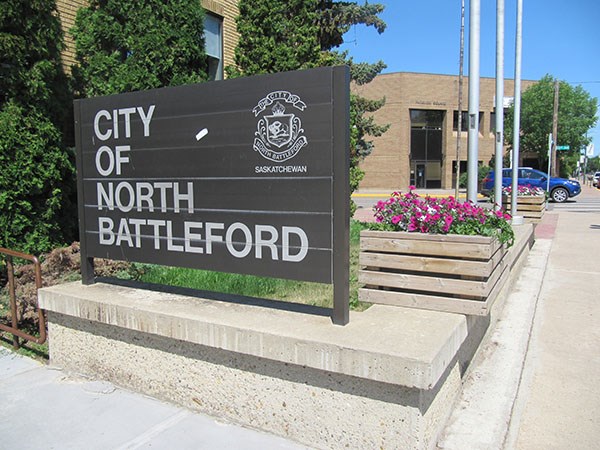The City of North Battleford has released its 2019 Annual Report, which focused heavily on the administration efforts to right the financial ship over the past year.
In a message from City Manager Randy Patrick that was included in the report, he stated that 2019 “was a year of renewal at the City of North Battleford,” and that changes that began in 2018 were implemented over the year, with administration and staff challenged to “find ways to do things more effectively and efficiently, and they succeeded.”
Among the numbers Patrick pointed to from 2019 was an increase of the City’s net financial assets by $6,883,876. That brought its overall net debt down to a $19,161,832, which was down from a $26,045,711 deficit in 2018.
At an embargoed news briefing with reporters Monday, it was also noted that per resident costs by department were also down, largely across the board. The total operational cost per resident was down to $2,721.40 from $2,848.68 the year before.
Both department costs, and wages and benefits costs, were down in 2019 in most areas including General Government, Fire Services, Operations, Leisure Services, Water Services, Community Safety Officer services, and Planning and Development. It went up in Sanitary Services and Waste Management services, and while policing department costs had gone down (from 349.41 to 326.35) the wages and benefits were up, from $43.45 to $46.68.
The city still faces other challenges, however. One area identified is tax receivable compared to tax revenue. The city reported that 16 per cent, or $2,514,817, represents taxes that are outstanding and not being collected. That compares to lower rates of 9 per cent from Prince Albert, 8 per cent from Swift Current, 6 per cent from Saskatoon and 4 per cent from Regina.
The city has been clamping down on those unpaid taxes as of late and the indication Monday from Director of Finance Steve Brown is that collection of those unpaid taxes will continue to be a priority.
Patrick has identified more financial challenges coming in the near future in 2021-23. One is the expected loss of approximately $300,000 of provincial municipal revenue sharing to the city starting in 2021.
“Their revenues are down,” said Patrick, who added “I’m a little concerned with gas tax revenues coming.” Those two drops in revenues are due to the impact of COVID-19.
Another pressure identified is that policing costs are expected to go up.
“We know there is an increase in RCMP costs because they’re doing collective bargaining,” said Patrick.
That is aside from a potential hit to the city should the population in the next census reach 15,000, which would increase the city’s share of funding the police contract to 90 per cent from 70 per cent.
Patrick said there was some risk of that happening but not likely until six years from now. The idea is to be ready for those challenges down the road.
“We’re planning for the future and saying how do you not only be sustainable but sustainable long-term,” said Patrick.
Mayor Ryan Bater said to reporters that 2019 was a “transformative year” and compared it to “climbing a mountain.”
“But then we got to the top and looked at our challenges and realized there is an entire mountain range that we have to get across now. That doesn’t take away from what we accomplished last year but it does paint a picture of what’s coming.”




